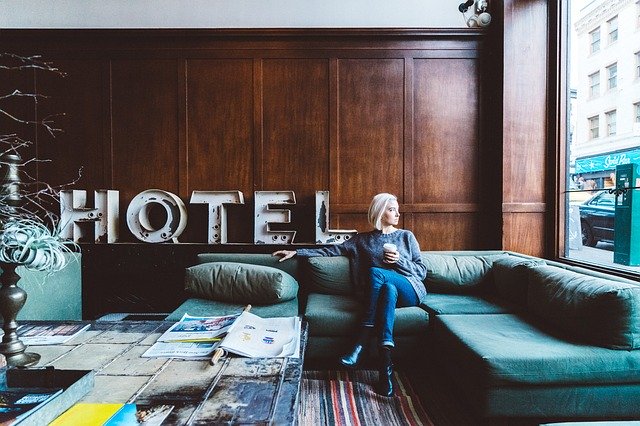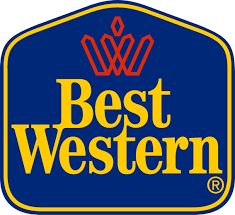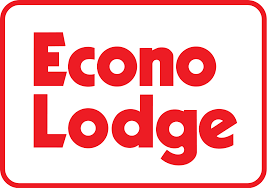Hotel Loans to Make Your Plans Reality ...
NewVista Financing lenders provide hotel loans for acquisitions, financing for construction, development or refinancing your existing hotel mortgage with very competitive rates and terms. We specialize in hotel finance with debt financing from $1M-$5B+.
Our company can provide bridge loans or long term financing for one or more hotel properties including large scale resorts. If you have one or multiple hotels that need a remodel, expansion, or merger and acquisition, we can help you there too. From economy to ultra luxury hotels, we provide loan solutions.
Our non-recourse hotel loans our available for flagged hotels and sometimes for non-flagged. We serve the U.S., Canada, Europe, the Caribbean and many other international locations.


Hotel Loan Approval Process
1) Pre-Qualify - by completing this brief form, we will have an idea if your loan request is a fit for one of our hotel lending programs. 2) Provide Documentation - if your loan request pre-qualifies, you will provide us with additional documentation for our underwriting review. 3) Approval or Denial - after initial underwriting, we will determine if we can move forward with your loan closing. If so, you will be provided a term sheet or Letter of Intent offer detailing the proposed terms of your loan approval. The document is signed and we move toward funding the loan. 4) Final underwriting and Closing - verifications and additional documentation is finalized including any appraisal, title, engineering reports, etc. Once completed, your loan request is funded.8 Factors For Hotel Loan Approvals
1) Experience - Are you buying or building a hotel for the first time or are you an experienced operator with hotel ownership? With anything we do that is new to us, there is a greater chance of making mistakes and it takes more time to learn the ropes and become as profitable as possible. Therefore, there is obviously less risk for a hotel lender to provide a hotel loan to an experienced hotel owner as long as that owner has a proven track record. If you have not owned a hotel yet, that does not mean that we won't provide you with financing. There are other ways you can make up for that through the remaining 7 factors below. Additionally, you can partner with an experienced hotel operator as a joint venture to strengthen your position. 2) Business Plan - Is the borrower's plan for the hotel clear, concise and compelling? Have they done their homework and is their a management team in place that can effectively implement that plan? Is the business plan presented well with decent graphic design or is it rough looking? The lender will ask for an Executive Summary of your plan which highlights the important points of your hotel project. This is an opportunity to make a favorable first impression that can lead the way toward approval. 3) Company Investment - How much are you investing in the acquisition or construction of your hotel project? The more money you put into the project, the less risk for the lender because you are demonstrating that you are invested in the project and our going to see it through to completion and profitability. If you do not put any money into the hotel, you are asking the lender to hold all the risk and a greater chance of default on the loan. This investment is expressed as loan to value or loan to cost on construction projects. 4) Current Financial Strength - A lender is going to look at both the financial strength of the existing or proposed hotel as well as the borrower's personal and business financial strength. For existing hotels, their will be a review of the current income statement and balance sheet for the previous 3-5 years if applicable. How profitable has the hotel been, what are the occupancy rates compared to the competition in the area, etc.? A review of STR reports for that market will be likely. For the borrower, there is often a review of credit, assets, income and overall net worth. 5) Location - Most lenders prefer to finance hotels as close to metro areas as possible because it has a higher chance of success and appraised value over time. Destination hotels can be exceptions for vacation resorts, etc. Naturally, growing markets are more attractive for a hotel loan than markets or cities that are declining economically - this adds more risk to the borrower and the lender. 6) Flagged vs. Non-Flagged - Some hotel lenders will only provide hotel loans for flagged/franchised hotels. They have a greater comfort level knowing that the hotel owner has the support and proven track record of a well known and established brand. We provide financing for both flagged and independent hotels with more options for flagged hotels. 7) Compliance with Documentation - How forthcoming and timely is the borrower with the documentation the lender needs to assess the viability of the project? Some borrowers are unwilling to provide the necessary documentation or try to hide information they do not want the lender to see. This is done at their own risk so it is best to just be honest and provide what is needed if possible. If there is something you cannot provide, just let that be known - it is not necessarily a deal breaker. 8) Verification Reports - reporting and verification needs to be obtained for key hotel property milestones including the appraisal, property title, etc.



7 Types of Hotel Loans We Finance
1. New construction - There are always market opportunities that lend themselves to build a new hotel vs. purchasing an existing one. You may want a new construction hotel loan because your team consists of the necessary developer(s) and experience to make it happen. You may also have a much different vision for a new hotel that existing hotels do not fit. New construction hotel loans are typically provided as a percentage of the overall construction costs, known as loan to cost or LTC. Hotel lenders will typically lend between 65-100% loan to cost depending on the overall strength of the project. A construction hotel loan is disbursed in tranches or phases as you meet construction milestones. Once the project is satisfactorily completed (stabilized), the lender may offer you permanent financing to give you a longer term and lower payment mortgage. 2. Expansion and/or remodel - Many hotel owners seek financing to expand and/or remodel their existing hotel. As their occupancy rates increase and hold steady, it can make sense to add more rooms or amenities to increase revenue or remodel existing rooms to keep existing customers happy while providing more value that allows for the dailly rates to be increased. Depending of the size of the project, an expansion or remodel hotel loan can come in the form of a construction loan if it is large enough or a hotel line of credit for smaller projects. 3. Purchase - You may want financing for a hotel purchase whether it is your first hotel or you are adding to your portfolio. For a purchase, your loan amount is based on loan to value (LTV) rather than loan to cost with the construction loan. You may want to obtain a bridge loan for the purchase or more longer term financing depending on the scenario. 4. Refinance - If you have an existing hotel mortgage that is coming due, a bridge loan that you want to convert to a longer term, or simply shop for a better rate or term than your existing mortgage, hotel refinancing makes sense.5. Bridge Loans - As the name implies, hotel bridge loans provide a bridge for you to either acquire or build a hotel in the near term with plans to obtain longer term financing or exit the property in the future.
6. Large Projects and Resorts - We finance large multi-use projects for hotel resorts that may also include financing for retail and entertainment space as well as hotel construction or purchase. Contact us for more details.
7. SBA loans - SBA hotel loans are backed by the U.S. government with certain guarantees to the lender in the event of loan default. The government works with a number of lenders that are approved to provide this SBA financing.
The SBA has different loan types depending on the structure of the project and financing need. Each has its unique guidelines that fit different scenarios. For example, the SBA 504 hotel loan can be used for real estate and equipment purchases or construction while the 7a hotel loan is more geared to general purpose working capital needs.

